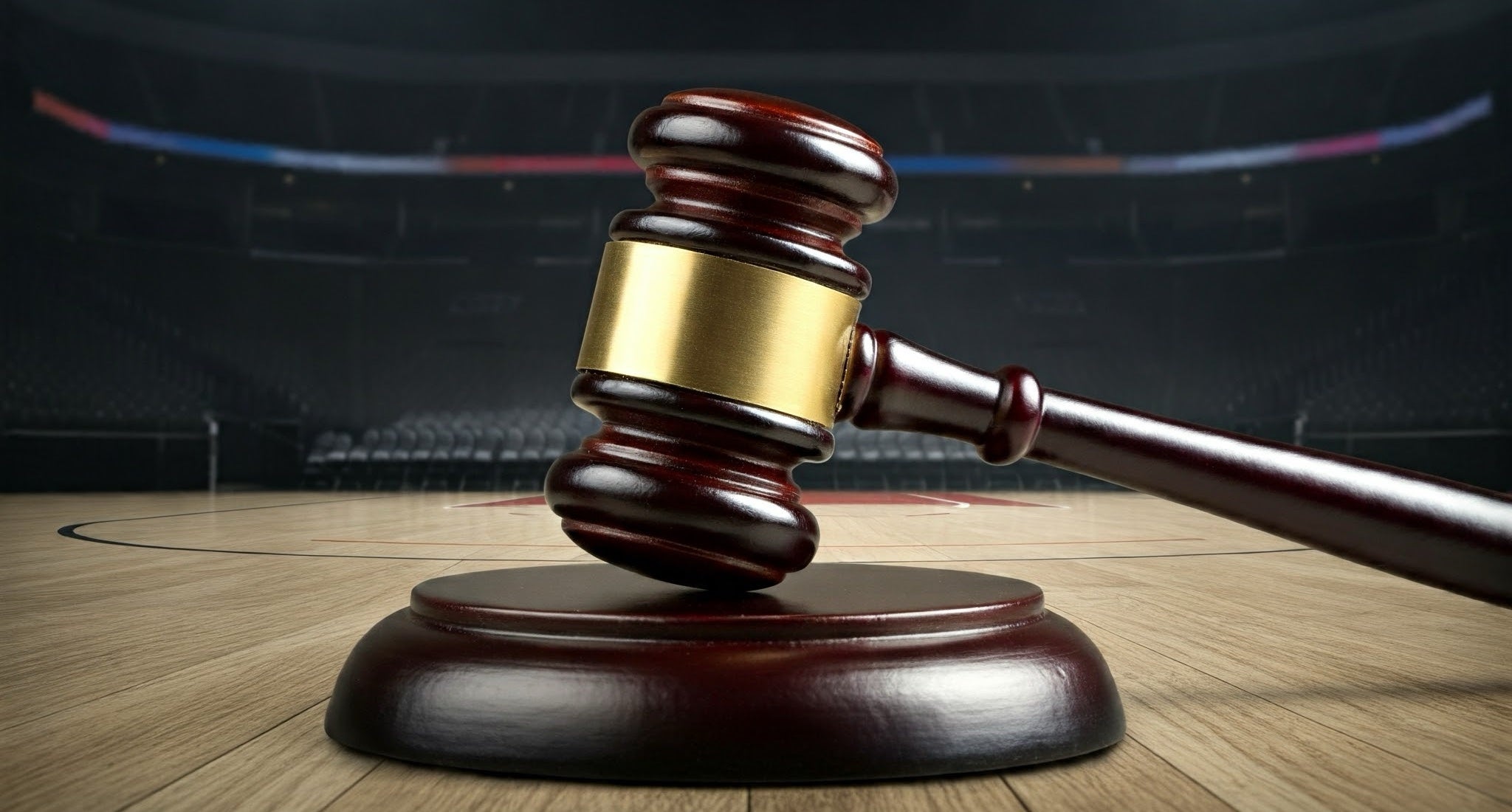Is NBA’s $4.5 Billion ‘Poison Pill’ in Amazon Contract Fair to WBD?
Is NBA’s $4.5 Billion ‘Poison Pill’ in Amazon Contract Fair to WBD?
New details in Warner Bros. Discovery’s lawsuit against the NBA were revealed thanks to a court filing on Friday.

Warner Bros. Discovery’s lawsuit against the NBA is proceeding on schedule. The company officially responded to the NBA’s motion to dismiss on Friday, Sept. 20 in a new court filing. In the document, WBD revealed some previously unknown details about the NBA’s contract with Amazon, which has ostensibly won the right to broadcast the NBA’s “C” package of games starting in 2025. WBD tried to match that offer as its current contract with the league allows for, and sued the NBA when the league rejected that matching offer. Its response to the dismissal motion alleges that the NBA packed the Amazon contract with provisions that would be very difficult or impossible for WBD to match, including a series of “poison pills” designed to convince WBD officials to give up their pursuit.
Key Details:
- If WBD saw its debt downgraded by bond agencies, it would owe the NBA $4.5 billion.
- The NBA would be allowed to pull WBD’s deal if its credit agencies downgrade its rating, as well.
- WBD says none of these provisions have anything to do with offering basketball games, and says it should not be required to match them.
WBD has no desire to see NBA games depart TNT and Max, which is why it’s been willing to go so far as to sue to protect matching rights it says were violated by the league. There’s been some speculation — including by The Streamable expert Matt Tamanini — that WBD’s lawsuit is nothing more than a plan to get a settlement from the NBA, but the company is also clearly trying to win the case on merit.
In its filing responding to the NBA’s motion to dismiss, WBD has pointed to several “poison pill” contractual stipulations in the league’s deal with Amazon that it feels were unfairly inserted to prevent it from making a 100% matching offer. These include provisions that call for a $4.5 billion fine payable to the league if bond agencies downgrade the rights holder’s corporate debt. Another provision allows for the NBA to pull the deal if its credit rating were to be downgraded by Moody’s or Standard & Poor’s.
“[T]erms concerning WBD’s credit rating bear no relation to NBA media rights or the fees paid for them, which would still be paid on the same schedule, backstopped by letters of credit,” WBD’s attorneys said in response to the dismissal motion. “Moreover, S&P and Moody’s are independent organizations, and how those entities determine WBD’s credit rating is wholly outside of TBS’s control.”
Turner Broadcasting Systems — the corporate entity owned by WBD which signed its current contract with the NBA in 2014 — is also unable to meet cross-promotion requirements that specify that NBA games have to be advertised alongside “Thursday Night Football” on Prime Video. Since Amazon is the exclusive rightsholder to national “TNF” broadcasts, inserting that provision into the contract presents an unfairly insurmountable obstacle according to WBD.
What Other Provisions Are in the NBA’s Contract with Amazon?

Some of the other so-called “poison pill” stipulations in the NBA’s deal with Amazon were previously known. For example, Amazon had to set aside multiple years' worth of rights payments in an escrow account which WBD could not match with its cash on hand. Warner promptly lined up letters of credit from banks matching the same amount as Amazon put on the table, but the league was not satisfied with mere pledges from financial institutions.
The key point the NBA is trying to advance is that it wanted a purely streaming deal for the “C” rights package, which Prime Video can provide. But WBD is trying to make the case that in this day and age, there really is no difference between linear and streaming distribution, especially since all games shown on TNT if it wins back the “C” package will also be streamed simultaneously on Max.
“The television-versus-Internet distinction.. is invalid concerning Prime Video, because even if Prime Video is an Internet service, it is also a television service,” WBD said. “It is marketed as ‘television’ and even is distributed through cable television set-top boxes pursuant to contracts between Amazon and (pay-TV programmers) like Comcast and Dish.”
Now that WBD has responded to the NBA’s dismissal motion, the league gets to make further statements in support of its arguments that the case should be wiped off the docket. The New York Supreme Court will decide in the coming weeks whether or not to grant the dismissal motion; if they don’t, the case could drag on not only through the 2024-25 season but past the start of the 2025-26 season as well.
Amazon Prime Video
Amazon Prime Video is a subscription video streaming service that includes on-demand access to 10,000+ movies, TV shows, and Prime Originals like “The Lord of the Rings: The Rings of Power,” “Jack Ryan,” “The Marvelous Mrs. Maisel,” “The Boys,” and more. Subscribers can also add third-party services like Max, Showtime, STARZ, and dozens more with Amazon Prime Video Channels. Prime Video also offers exclusive live access to NFL Thursday Night Football.

